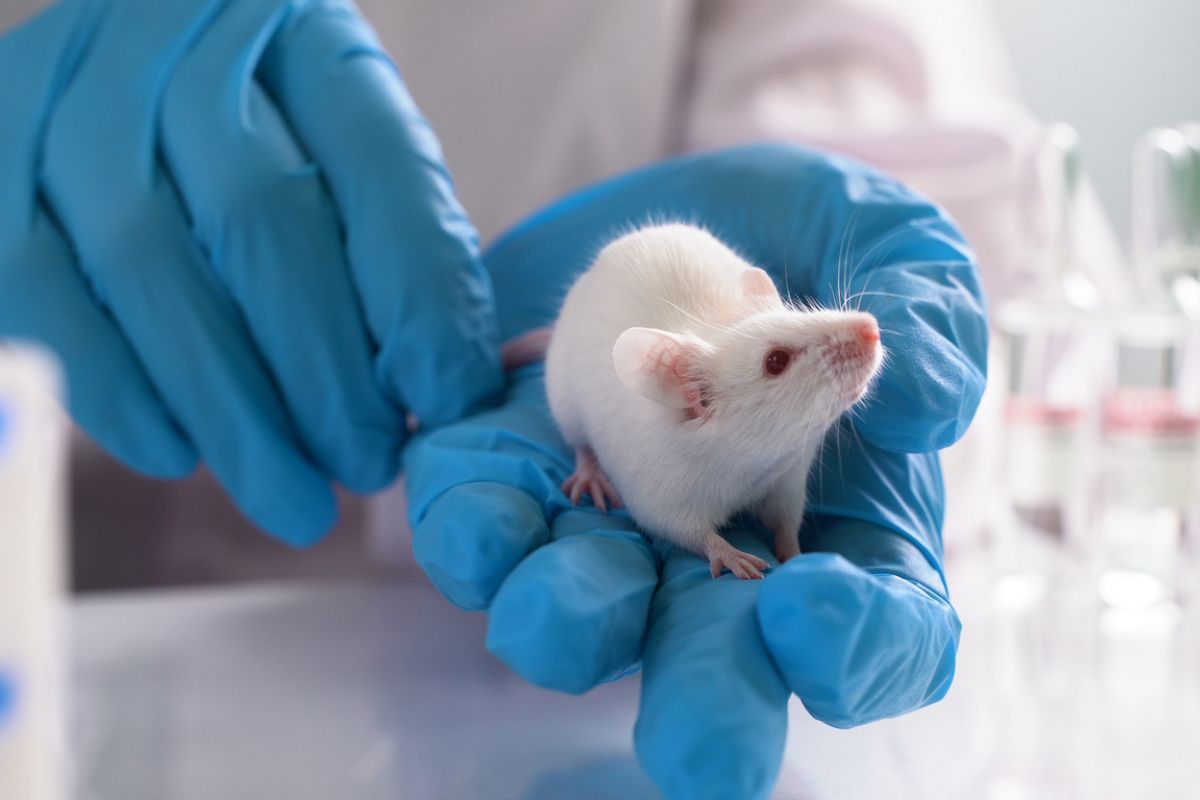Spicing up brain health with a hot twist, a recent study published in Nutrients revealed the surprising cognitive benefits of the Japanese condiment, wasabi. Known for adding a fiery kick to sushi, the bright green paste may enhance memory in older adults by turning up the heat on brain cells.
The Role for Monoclonal Antibodies in Early Alzheimer’s Treatment
Distinguishing Frontotemporal Dementia From Behavioral Variant Alzheimer’s Disease
Long-Term Use of Some Acid Reflux Drugs Linked to 33% Higher Dementia Risk
A Hot Topic
The study isolated a specific compound in wasabi known as 6-Methylsulfinyl Hexyl Isothiocyanate. Called 6-MSITC for short, the complex chemical is renowned for its anti-inflammatory and antimicrobial properties.
The researchers conducted a 12-week double-blind, randomized controlled trial to assess the effects of 6-MSITC supplements on brain function. Participants – 72 healthy Japanese adults aged 60 to 80 – were divided into two groups. One group received the 6-MSITC supplement and the other a placebo.
The results? A significant improvement in memory functions among those who received the wasabi supplement. Participants given the active ingredient experienced a 10 percent boost in working memory and a 12 percent increase in episodic memory, surpassing the placebo group.
“We knew from earlier animal studies that wasabi conferred health benefits,” Rui Nouchi, the study’s lead researcher, told CBS News in an interview. “But what really surprised us was the dramatic change. The improvement was really substantial.”
Wasabi’s Benefits and Limitations
Working memory involves processing information. Episodic memory allows the brain to call up past events. Improving memory aspects like recalling stories, faces, and names is crucial for everyday tasks, especially for the elderly who often find these mental tasks challenging.
The results suggest that 6-MSITC somehow enhances memory by reducing inflammation in the brain and revving up antioxidant activity. Taken together, these improvements seem crucial for protecting brain cells from age-related damage. They also appeared to help strengthen neural connections, an important factor in keeping dementia-related conditions at bay.
This theory aligns with the current scientific understanding that reducing inflammation and oxidative stress in the brain is key to maintaining cognitive health, especially in aging brains. The findings add to a growing body of research suggesting real potential for natural compounds in interventions that help preserve and improve cognition.
However, the benefits of 6-MSITC only helped enhance these specific memory functions. It did not help fortify other cognitive areas like inhibition or processing speed. This specificity indicates 6-MSITC effectively reinforces certain memory aspects but its impact on broader cognitive abilities might be limited.
The Real Thing
A small dot of genuine wasabi contains about 0.8 milligrams of 6-MSITC, the authors noted. That would deliver the same benefits as the capsule supplements used in the study.
But consumers looking to add a little kick to their sushi and brain power, will have trouble finding the real deal. According to an investigation by Vice Italy, more than 95 percent of Japanese restaurants in the US serve “fake wasabi”, typically a mashup of green dye, white horseradish, mustard and a dash of dried wasabi powder.
Authentic wasabi is exceedingly expensive – as much as $300 per kilo. The high price tag is the result of difficulties growing the plant. Crops require specific conditions like waterlogged roots, cool temperatures (50-64.4°F), and limited sunlight. Wasabi grows slowly, taking two years from planting to harvest and few places in the world outside of Japan have managed to successfully cultivate it. Most Americans will never encounter authentic wasabi in a restaurant or on grocery shelves.



